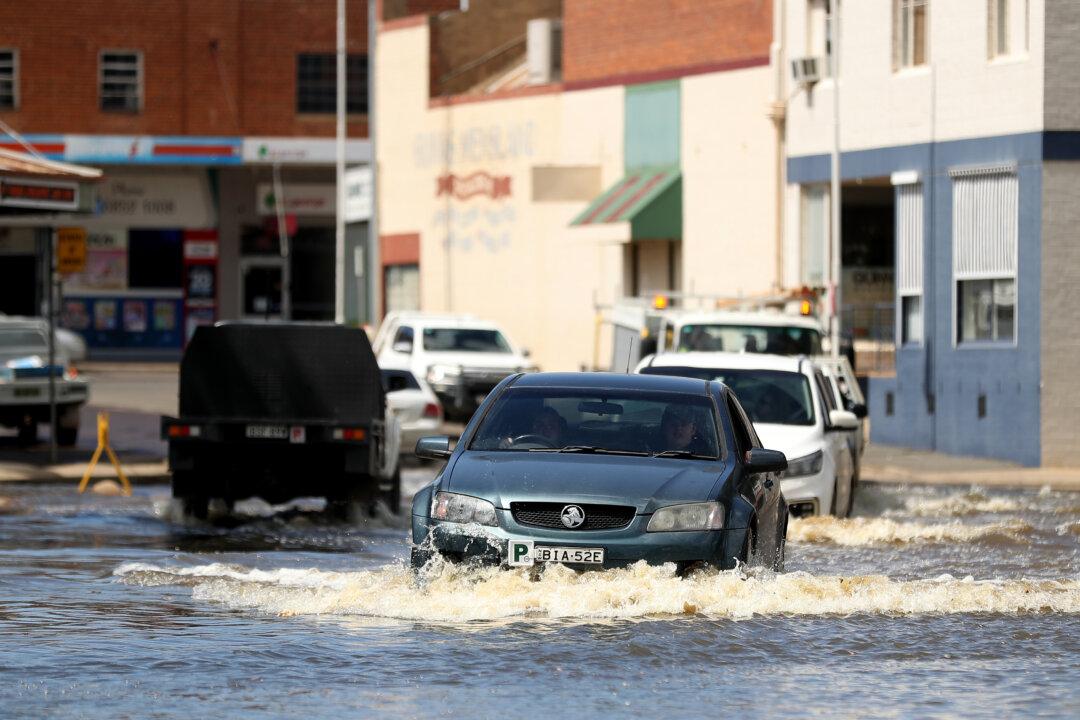One of Australia’s largest insurance companies has said insurance should not be seen as the only way to manage the financial risks of natural disasters amid a surge of households struggling to pay for home insurance.
During a recent Senate inquiry hearing, Christa Marjoribanks, the executive general manager of the Insurance Australia Group (IAG), said the government needed to implement “proactive measures” to address climate risks if it wanted to improve insurance affordability and availability.





